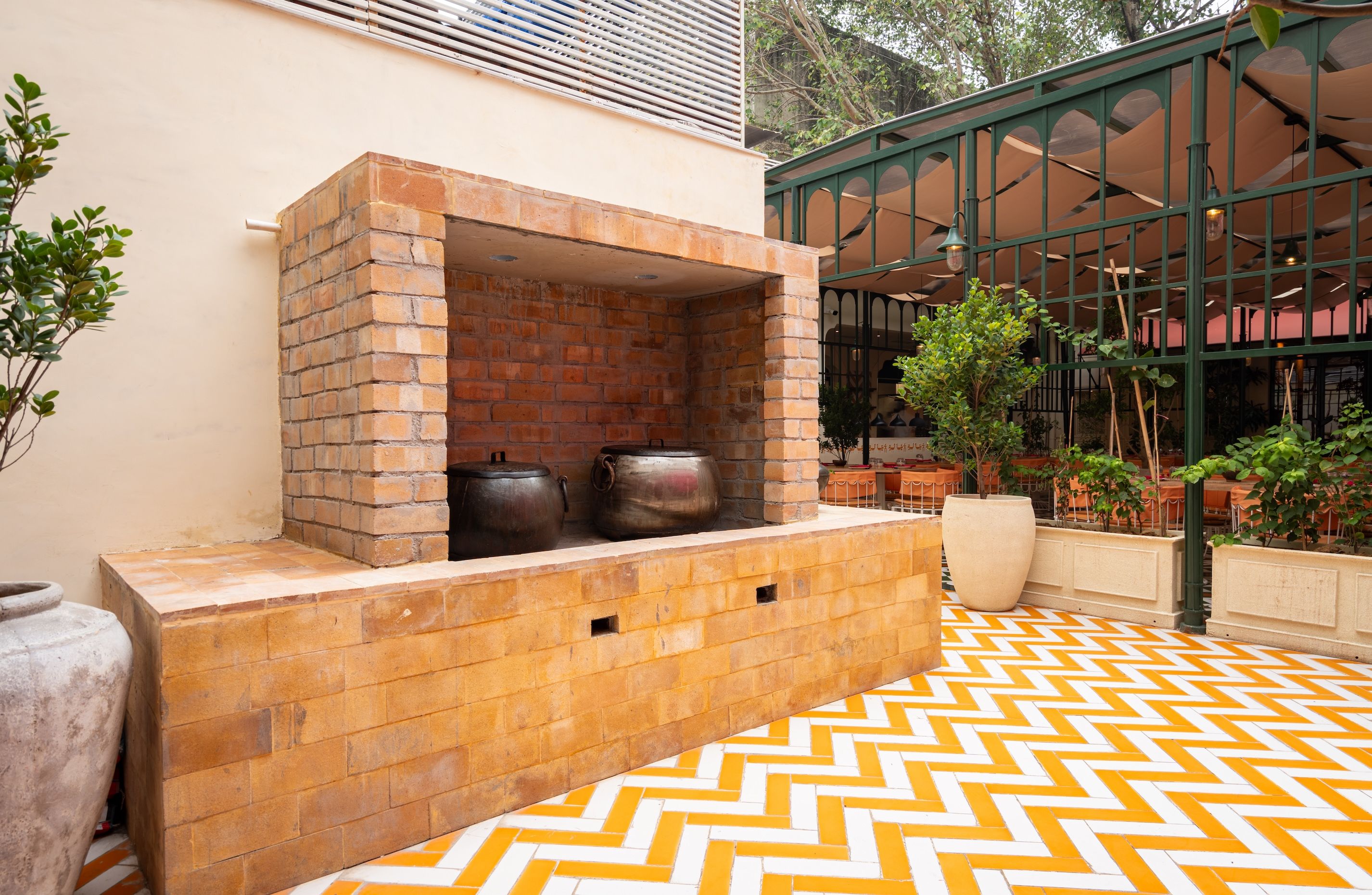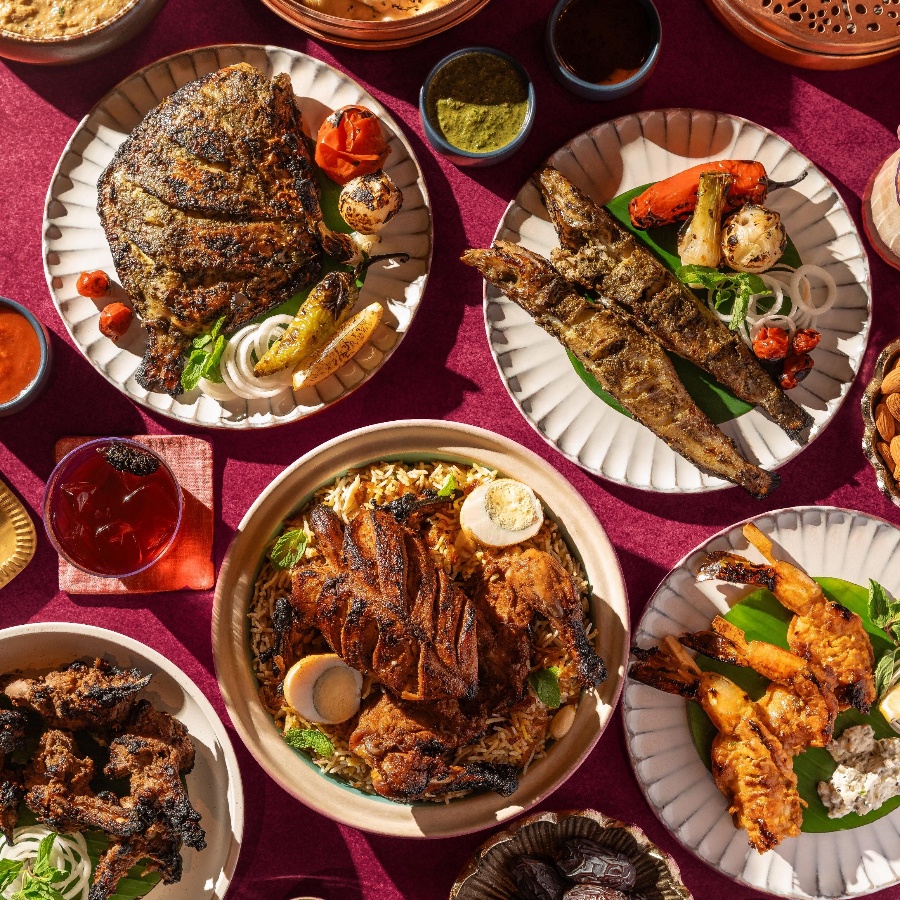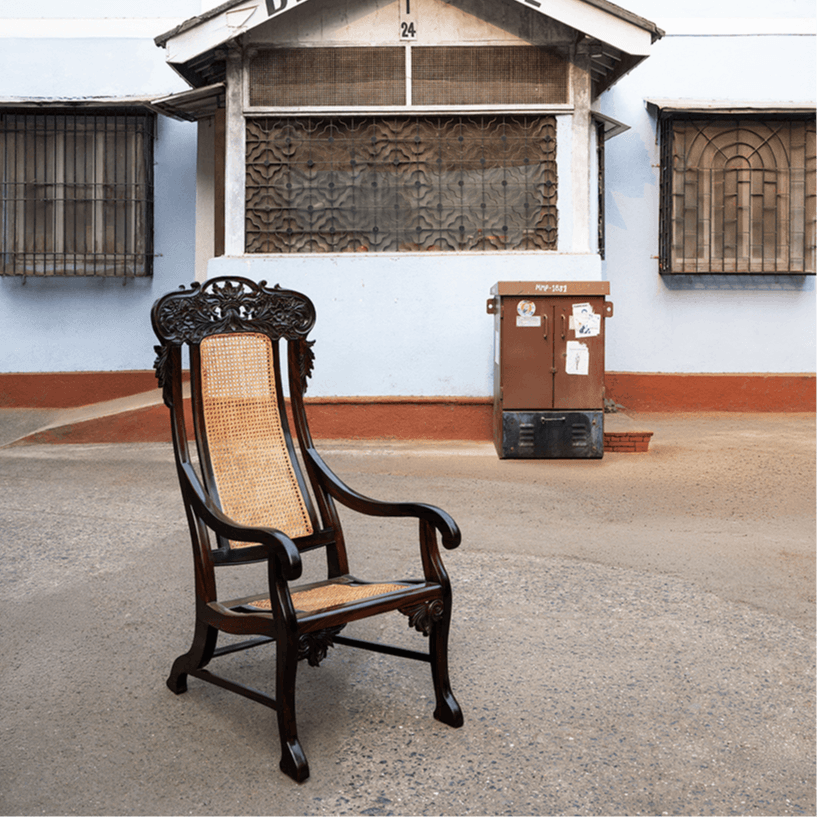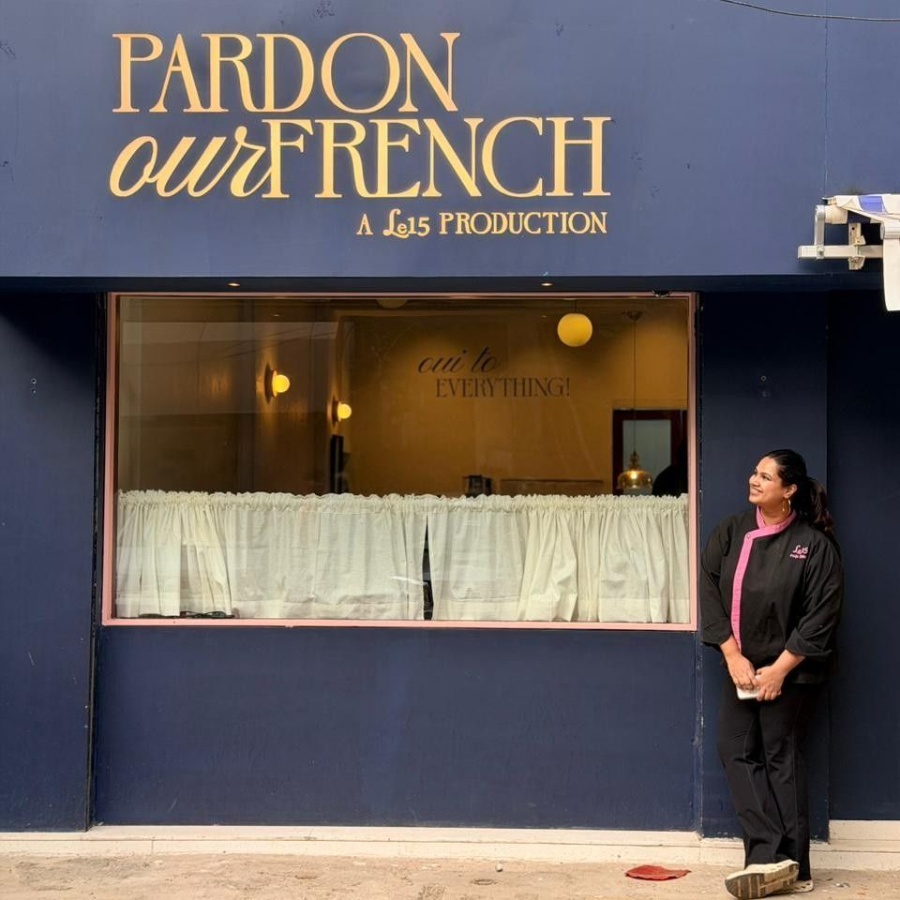Before Bawri lit up Punjabi cuisine on Goa’s culinary showcase, and before the fires of Palaash crackled deep in the forests of Tipeshwar—where tribal women cook a slow, sacred feast over open flame—chef Amninder Sandhu had already found her truest spark. It wasn’t in a restaurant but at a fleeting pop-up in Mumbai, in 2017.
That’s where she met the late Sarvesh Kaur, granddaughter of Maharaja Bhupinder Singh of Patiala. Their time together in the kitchen was brief, but something quiet and enduring passed between them, something more than just a recipe exchange. Kaur wasn’t teaching, she was transmitting—a way of cooking that resisted spectacle, insisted on slowness, and honoured the fire. “There was no gas, no flash, and certainly no rush,” recalls Sandhu. “Just firewood, time, and a reverence for food passed down through generations. That’s where I found a rhythm in cooking. It didn’t feel performative; it felt lived.”
Something cracked open right then. It planted the seed for Arth, India’s first gas-free restaurant, in Mumbai. But more than that, it rewired Sandhu’s relationship with food. She began cooking not just with technique, but also with instinct.
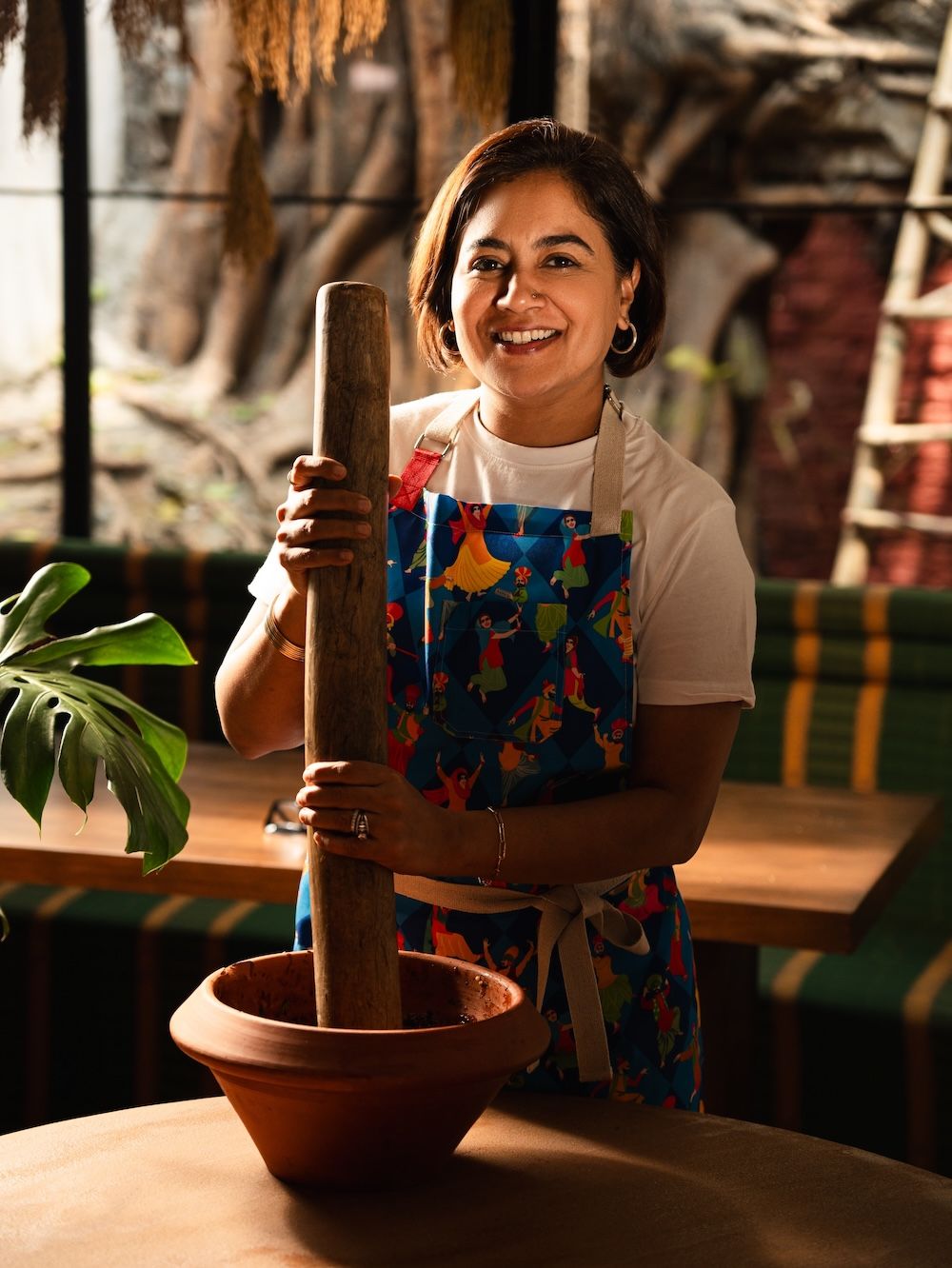
Now, at Kikli, her new restaurant, housed inside a restored heritage site in Delhi’s Connaught Place, Sandhu returns to that rhythm. The cooking here is slower, more inward; it’s less about invention, more about remembering. Fire, again, is at the centre of it, not just as heat or ritual but as inheritance too.
Raised in Assam, where women quietly shaped the flow of daily life, Sandhu’s connection to Punjab was kept alive through the hands of her mother, aunt, and grandmother through simple spice blends of coriander, cumin, and black pepper, and the comfort of square paranthas folded with care. Kikli is an ode to that way of being: honest, unhurried, full of heart. The name carries its own kind of music. “Kikli may be a traditional Punjabi dance full of energy and abandon, but to me it speaks of feminine strength,” says Sandhu. “It’s my way of honouring the women—both in my life and in Punjab’s history—whose warmth, resilience, and generosity have shaped its spirit.”
Every corner channels this legacy. Step inside, and you’re greeted not just with a warm ‘Sat Sri Akal’ but also with a soft shower of petals, an invitation into a world where hospitality isn’t a gesture but a way of being.
That tenderness threads through the space. The staff wear vibrant uniforms dotted with tiny figures mid-gidda and bhangra. Along the corridor, slow, luminous projections capture everyday Punjab in quiet motion—a jutti artisan at work, phulkari taking shape stitch by stitch or a grandmother tending to her kitchen with love.



